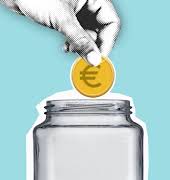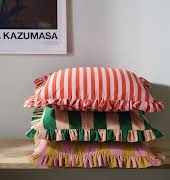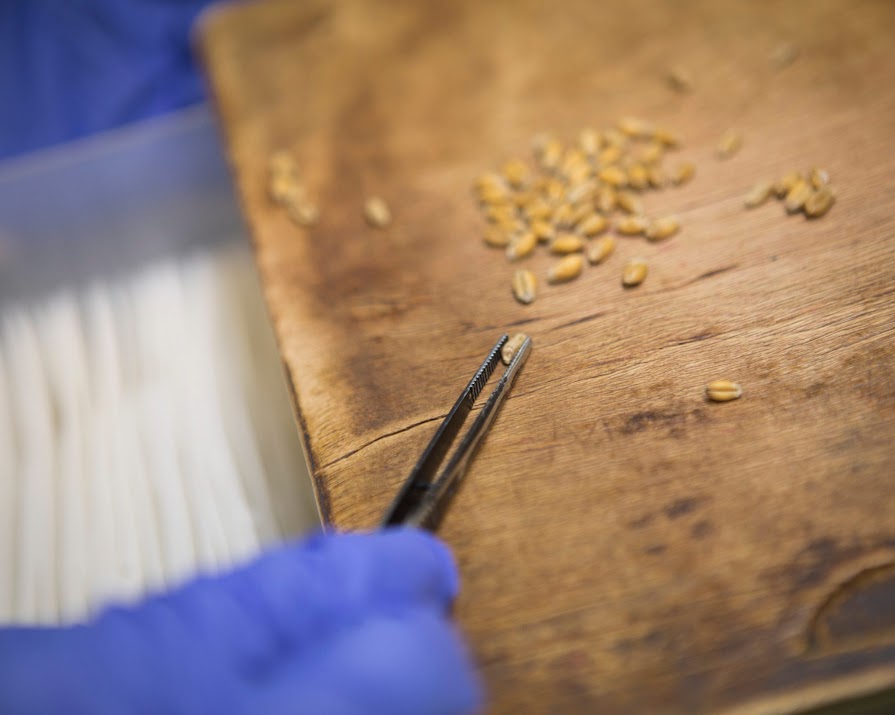
Mysterious seeds are being posted to random homes around the world. Here’s everything we know
By Shayna Sappington
06th Aug 2020
06th Aug 2020
The seeds have been sent to houses in Canada, the US and now, Ireland, and authorities have issued warnings not to plant them
As if 2020 hasn’t given us enough to worry about already, there have been recent reports of mysterious, unsolicited seeds arriving to Irish homes around the country.
The Department of Agriculture, Food and the Marine recently issued a warning via Twitter about the seeds and urged recipients not to plant them.
“We have received reports from members of the public who have received unsolicited seeds in the post from an unknown sender outside of the EU,” the department said.
We have received reports from members of the public who have received unsolicited seeds in the post from an unknown sender outside of the EU.
If you have received seeds by post that you didn't order please email: plantimports@agriculture.gov.ie pic.twitter.com/3xutF5cHB1
— Dept of Agriculture, Food and the Marine (@agriculture_ie) August 5, 2020
“Don’t plant or compost the seeds as they may pose a risk to the environment. Always source any plants and seeds responsibly from known suppliers.”
These mystery seeds have been postmarked from outside the EU and may introduce harmful species that will destroy native crops.
“Anyone importing seeds, plants or plant products from outside of the EU needs to be registered with us and consignments require a phytosanitary certificate to prevent the introduction of harmful pests and invasive species into Ireland and the EU,” explained the department.
Where are these seeds coming from?
The department’s warning comes after similar seed packages were delivered across Canada and the US, to all 50 states.
The United States Department of Agriculture (USDA) said the seeds are postmarked from China Post, the official postal service of China.
However, a spokesperson for China’s foreign ministry said the address labels were forged and that China Post has requested those packages be sent to China for investigation.
What do authorities think their purpose is?
As of now, the USDA and the Canadian Food Inspection Agency believe the seeds to be nothing more than a ‘brushing scam’ but are running tests on the seeds to be sure.
A ‘brushing scam’ is where people receive unsolicited items from a seller who then posts false customer reviews to boost sales.
Today, Under Secretary Greg Ibach talked to e-commerce representatives about unsolicited packages of seeds from China received by citizens across the nation. https://t.co/ItduSpDxYE pic.twitter.com/Mjz89QvR9E
— USDA Animal and Plant Health Inspection Service (@USDA_APHIS) July 31, 2020
The sender company can obtain people’s information (names and addresses) through a number of ways like data breaches and purchasing options.
The Canadian Anti-Fraud Centre considers these scams to be a type of identity theft and urges recipients of unsolicited packages to change their passwords on online retail sites and verify their bank statements, in case credit card or bank information has been compromised as well.
What should I do if I receive these seeds in the post?
Agricultural departments in the US and Canada are currently collecting and testing the received seeds and have identified a few species so far as “a mix of ornamental, fruit and vegetable, herb, and weed species”.
The packages are often labelled as jewellery to entice purchasers to open them.
While these mystery seeds are theorised to be nothing more than a scam, Irish authorities have warned recipients to report the packages immediately.
“If you have received seeds by post that you didn’t order please email: plantimports@agriculture.gov.ie,” said the Department of Agriculture, Food and the Marine.
Feature image: Twitter/@agriculture_ie
Read more: Phase 4 delayed again as Taoiseach confirms pubs won’t open August 10th
Read more: Reese Witherspoon is adapting this brilliant book next
Read more: Vicky Phelan has opened up about post-natal depression in new interview


















